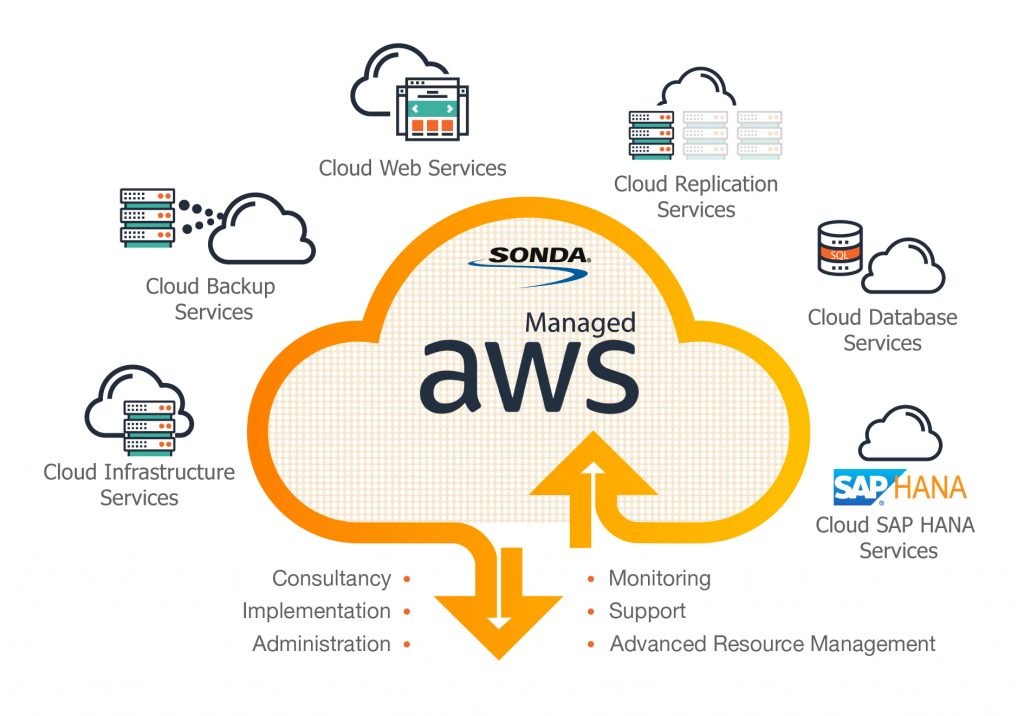What is Amazon Web Services (AWS): A Comprehensive Guide
In today’s digital landscape, the demand for scalable, reliable, and secure cloud computing solutions is ever-growing. Amazon Web Services (AWS) has emerged as a dominant player in this space, revolutionizing the way businesses leverage the cloud to meet their technological needs. In this in-depth exploration, we will delve into what AWS is, its core components, and the diverse use cases that make it an indispensable tool for organizations worldwide.
Understanding Amazon Web Services (AWS)
What is AWS?
Amazon Web Services, commonly referred to as AWS, is a comprehensive cloud computing platform offered by Amazon.com. Launched in 2006, AWS has since evolved into a vast ecosystem of cloud services and solutions that empower organizations to build, deploy, and manage applications and infrastructure in the cloud.
The Core Components of AWS
1. Compute Services
- Amazon EC2 (Elastic Compute Cloud): EC2 provides resizable compute capacity in the cloud. It allows users to launch and manage virtual servers (instances) to run applications and workloads.
- AWS Lambda: Lambda is a serverless computing service that enables you to run code in response to events without provisioning or managing servers.
2. Storage Services
- Amazon S3 (Simple Storage Service): S3 is a scalable object storage service designed to store and retrieve data from anywhere on the web. It’s known for its durability, scalability, and data protection features.
- Amazon EBS (Elastic Block Store): EBS provides high-performance block storage for use with EC2 instances. It’s ideal for databases and applications that require persistent storage.
3. Database Services
- Amazon RDS (Relational Database Service): RDS offers managed relational database solutions for MySQL, PostgreSQL, Oracle, SQL Server, and more, simplifying database administration tasks.
- Amazon DynamoDB: A fully managed NoSQL database service designed for high availability and performance at any scale.
4. Networking and Content Delivery
- Amazon VPC (Virtual Private Cloud): VPC allows you to create isolated network environments within the AWS cloud, providing control over IP addressing, security, and routing.
- Amazon CloudFront: A content delivery network (CDN) service that delivers content with low latency and high data transfer speeds.
5. Security and Identity
- AWS Identity and Access Management (IAM): IAM helps you manage access to AWS resources securely by controlling who can perform actions on your resources.
- AWS Key Management Service (KMS): KMS simplifies the management of encryption keys used to protect data and resources.
AWS Use Cases: Where AWS Excels

1. Web Hosting and Content Delivery
- AWS offers a scalable infrastructure for hosting websites and web applications. Amazon CloudFront ensures fast content delivery to users worldwide, enhancing the user experience.
2. Data Storage and Backup
- Organizations can use Amazon S3 for data storage and backup, ensuring data durability and accessibility. AWS also offers data transfer solutions like AWS Snowball for large-scale data migration.
3. Big Data and Analytics
- AWS provides services like Amazon EMR (Elastic MapReduce) and Amazon Redshift for processing and analyzing vast amounts of data, making it an ideal choice for businesses seeking data-driven insights.
4. Machine Learning and Artificial Intelligence (AI)
- AWS offers a suite of AI and machine learning services, including Amazon SageMaker, which facilitates model development and deployment, and AWS Rekognition for image and video analysis.
5. DevOps and Continuous Integration/Continuous Deployment (CI/CD)
- AWS supports DevOps practices by offering tools like AWS CodePipeline, AWS CodeBuild, and AWS CodeDeploy for automating software development and deployment processes.
6. IoT (Internet of Things)
- Organizations can leverage AWS IoT Core to connect, manage, and secure IoT devices and data, enabling the development of IoT applications and solutions.
Conclusion
Amazon Web Services (AWS) stands as a pillar of modern cloud computing, providing organizations with a flexible and powerful platform to innovate, scale, and transform their operations. Whether you’re a startup seeking to minimize infrastructure costs or a global enterprise aiming to streamline your digital infrastructure, AWS offers a wide array of services and use cases to meet your specific needs. By harnessing the capabilities of AWS, you can propel your business into the digital age with confidence and efficiency.







